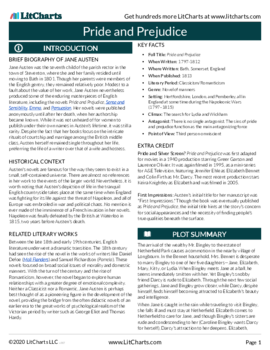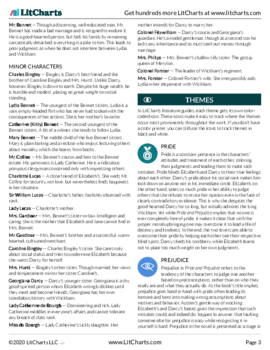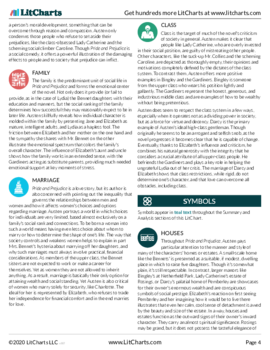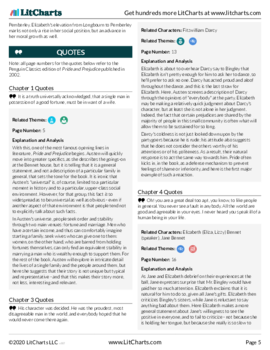- All's Well That Ends Well
- Antony and Cleopatra
- As You Like It
- The Comedy of Errors
- Coriolanus
- Cymbeline
- Hamlet
- Henry IV, Part 1
- Henry IV, Part 2
- Henry V
- Henry VI, Part 1
- Henry VI, Part 2
- Henry VI, Part 3
- Henry VIII
- Julius Caesar
- King John
- King Lear
- Love's Labor's Lost
- A Lover's Complaint
- Macbeth
- Measure for Measure
- The Merchant of Venice
- The Merry Wives of Windsor
- A Midsummer Night's Dream
- Much Ado About Nothing
- Othello
- Pericles
- The Rape of Lucrece
- Richard II
- Richard III
- Romeo and Juliet
- Shakespeare's Sonnets
- The Taming of the Shrew
- The Tempest
- Timon of Athens
- Titus Andronicus
- Troilus and Cressida
- Twelfth Night
- The Two Gentlemen of Verona
- Venus and Adonis
- The Winter's Tale
plus so much more...
-
Lines 1-3
The poem begins by introducing its central image—the one already previewed by the title:
Rain, midnight rain, nothing but the wild rain [...]
Counting the title, "Rain" is repeated four times in the poem's first nine words! The repetition helps establish the poem's atmosphere and setting. This is a very rainy night, one that makes the speaker feel lonely and somber. As the speaker (whose name, gender, age, etc. are never identified) listens to the rainfall, they think about their own inevitable death:
On this bleak hut, and solitude, and me
Remembering again that I shall die [...]Because the poem reveals so little about the speaker, it's not entirely clear why their thoughts turn so quickly to death. However, the language in these opening lines suggests several possibilities. The darkness of "midnight" might remind them of the darkness of death; the "wild[ness]" of the rain might remind them of the untamed forces of nature, which eventually overcome all human lives; the "bleak[ness]" of their "hut" might remind them of the bleakness of death; their "solitude" might remind them of the loneliness of the grave. Or all of the above!
Thomas is also known to have written this poem while living in a particular kind of "hut": a soldier's quarters in a military training camp. As an enlisted infantryman in World War I, he knew he would soon see combat in one of the bloodiest wars in human history; indeed, he died on the battlefield the following year. So while the poem never explicitly mentions war, the "bleak hut" detail offers a possible context for its somber tone. (See the Context section of this guide for more.)
These opening lines also establish the poem's form: blank verse, or unrhymed iambic pentameter (i.e., unrhymed five-beat lines that generally alternate unstressed and stressed syllables). This is an old and classic poetic form in English—one associated, for example, with Shakespearean drama. In fact, the poem is a bit like a Shakespearean soliloquy in some ways: it's a solitary meditation on death, love, fate, and other time-honored themes, written in a dramatic and elevated style.
Meanwhile, its sound effects give it a richly lyrical texture: notice, for example, the short /uh/ assonance in "nothing but," the alliteration of "but" and "bleak," the internal rhyme of "but" and "hut," and the short /eh/ assonance in "Remembering again."

|
PDF downloads of all 3060 of our lit guides, poetry guides, Shakescleare translations, and literary terms.
PDF downloads of all 1916 LitCharts literature guides, and of every new one we publish.
Learn more
|

|
Explanations for every quote we cover.
Detailed quotes explanations (and citation info) for every important quote on the site.
Learn more
|

|
Instant PDF downloads of 136 literary devices and terms.
Definitions and examples for 136 literary devices and terms. Instant PDF downloads.
Learn more
|

|
Compare and contrast related themes.
Compare and contrast Related Themes across different books.
Learn more
|

|
Teacher Editions for all 1916 titles we cover.
LitCharts Teacher Editions for every title we cover.
Learn more
|

|
PDFs of modern translations of every Shakespeare play and poem.
PDFs of modern translations of every Shakespeare play and poem.
Learn more
|

|
Advanced search across our collection.
Advanced Search. Find themes, quotes, symbols, and characters across our collection.
Learn more
|

|
Line-by-line explanations, plus analysis of poetic devices for lyric poems we cover.
Line-by-line explanations, plus analysis of poetic devices for every lyric poem we cover.
Learn more
|


For every lyric poem we cover.



Literature Guide PDFs
LitCharts PDFs for every book you'll read this year.



Quotes Explanations
For all 42,382 quotes we cover.





Teacher Editions
Time saved for teachers.
For every book we cover.
Common Core-aligned



PDFs of modern translations of every one of Shakespeare's 37 plays, 154 sonnets, and 3 longer poems.


Plus a quick-reference PDF with concise definitions of all 136 terms in one place.





















